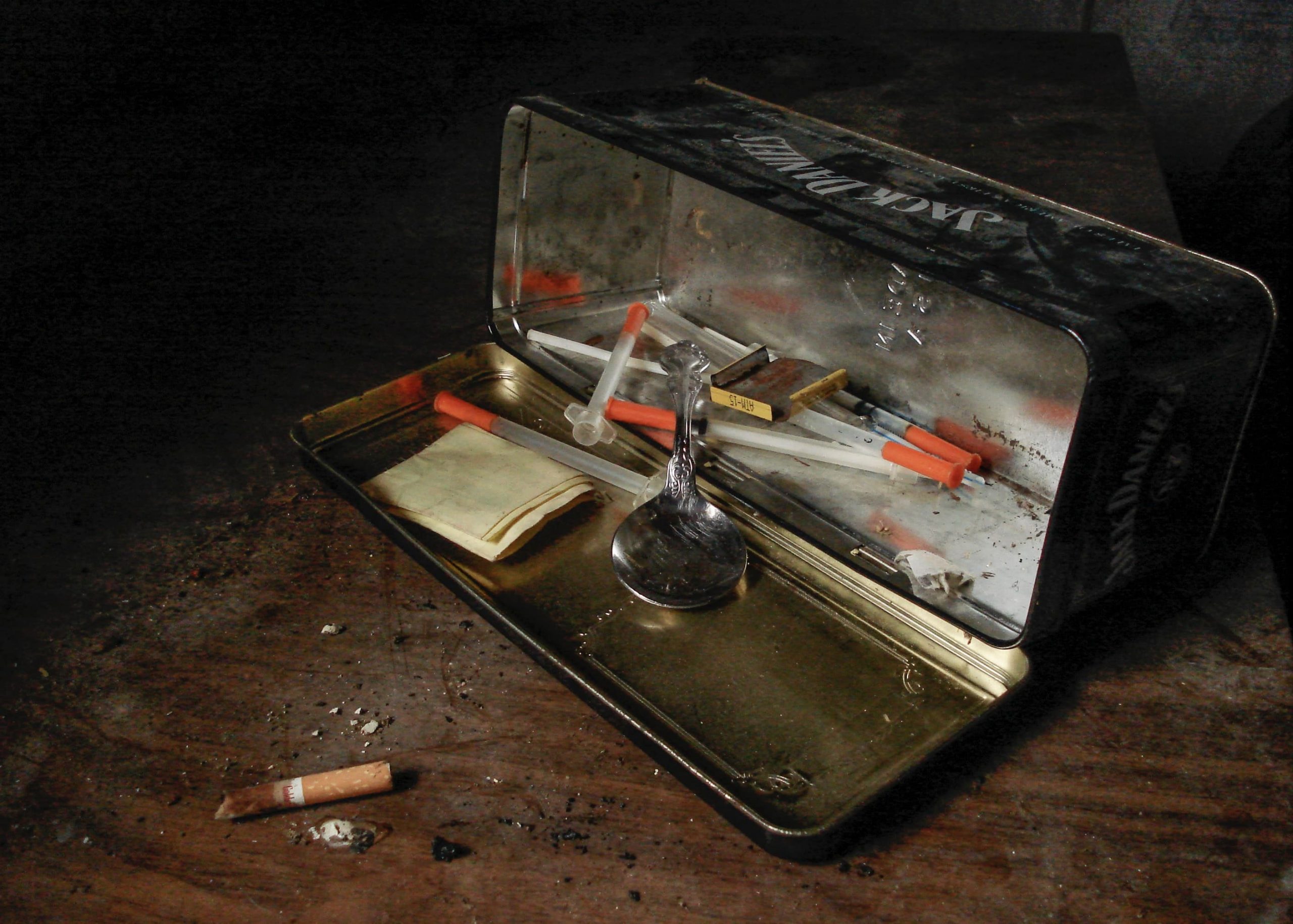“Learning how to breathe calmly and remaining in a state of relative physical relaxation […] is an essential tool for recovery”
– Dr. Bessel Van Der Kolk, The Body Keeps The Score
We all wish to stay calm and relaxed as we deal with major and minor triggers in life. Using skills learned in therapies such as dialectical behavioral therapy (DBT), cognitive-behavioral therapy (CBT), and behavior modification therapy, this article will present five different therapeutic activities that can help your troubled teen.
Keep in mind that while these activities are helpful, they cannot replace the help you could get from residential treatment centers. At these centers, your teen learns more than just skills. They get structure, guidance, and a sense of purpose. Reach out to us today for more information.
5 Therapeutic activities that can help your troubled teen
While the list below isn’t exhaustive, it does summarize key activities that help troubled teens. Remember, troubled teens are diverse, so their needs and interests will also be different. What works for one teen might not work for another. Try each activity and see which one your teen gravitates toward.
1. Meditation
Meditation is a type of activity in which mindfulness and living in the present moment are learned. Mindfulness is important because it teaches your teen to live moment by moment and day by day, rather than focusing on the past or the future.
Mindfulness also teaches your teen to tap into their wise mind. In psychology, there’s the emotional brain, reasonable brain, and the wise mind. The emotional brain is centered on feelings. The reasonable brain is based on facts and logic. The wise mind is a combination of the emotional and reasonable brain, which is what a healthy and trained brain should be like.
To help your teen learn to meditate, you can give them just 5 minutes every day to sit quietly and observe their thoughts. Ask them questions like: what kind of thoughts are you having? Why might that be?
Using a guided meditation can also be helpful as they progress through their practice.
2. Exercise
Exercise can range from going for walks, doing yoga, running, and lifting weights. To learn what kind of exercise your teen enjoys, take time weekly to try a different activity. For example, Mondays can be swimming days, Wednesdays for running, and Fridays for yoga. Engaging in various activities can help you find out the type of activity you could be encouraging your teen to engage in, or even finding exercises you enjoy doing together.
Exercising has many mental health benefits, including a great sense of peace, accomplishment, and self-leadership. It also has physical health benefits in that many mental illnesses can cause a teen to live a sedentary lifestyle.
If your teen has a mental illness, exercise can help with:
- Mood regulation. This is very helpful for those with mood-related disorders like bipolar disorder and depression),
- Social anxiety. It helps your teen get outside of their comfort zone, which is important for disorders like anxiety and those who experience paranoia.
- Trauma recovery. Exercise helps those who have experienced trauma reclaim their lives and who they can be/or are.
3. Journaling
A lot of times, teens, like adults, have a lot of thoughts throughout the day. Sometimes, teens might turn to their family or friends to vent about the things that they’ve experienced or the thoughts that they’re having. While talking to others and sharing is essential, it’s also important to teach teens how to trust themselves.
For example, continually allowing your teen to vent can slowly turn into something psychologists call “dumping.” Dumping is different from venting in that your teen might see themselves only as victims in the situations they describe and can be very draining to the listener.
Teaching your teen to journal helps them learn to turn to themselves for answers. They learn that they can also turn to journaling as a release.
That being said, there are different forms of journaling besides those used as a
form of release. These types of journals include:
- Journals that challenge negative thoughts or keep track of negative thoughts. This is great for teens who struggle with anxiety, depression, and even bipolar disorder.
- Gratitude journals are great for helping most people recognize the good in their lives. Although it may seem trivial in the beginning, the constant awareness of the good in your teen’s life can help your teen rewire their brain from a positive one to a healthy one.
3. Joining groups and clubs
Making friends is important during all stages of life. This is especially true for teens since teens are trying to find their place in the world. Encouraging your teen to join groups and clubs that they share interests with can help your teen stay focused, give them a sense of purpose and belonging.
Joining groups and clubs also encourages your teen to find out what they’re good at and help build self-esteem and confidence.
As with exercise, you might try different activities to find out what your teen likes. Once they find where they fit, help cultivate that skill and be supportive.
5. Creative activities like music, dance, theater, and art
Creative activities like music, dance, theater, and art can be beneficial for dealing with language-issues. For example, many teens who have experienced trauma might struggle with expressing themselves in language.
Likewise, teens with autism and other learning disabilities often struggle with communicating their needs.
Encouraging your teen to pursue creative activities gives them different avenues of expressing themselves. Remember, language isn’t the only way. They can also express themselves through dance and art.
Therapeutic activities are great, but therapy is even better
While engaging in therapeutic activities is excellent, getting therapy for teens is very important. At Help Your Teen Now, we can help you find the right residential treatment center for your teen. These centers not only use things like exercise and art therapy, but they also offer your teen a sense of purpose, meaning, and structure. Reach out to us for more information.











0 Comments